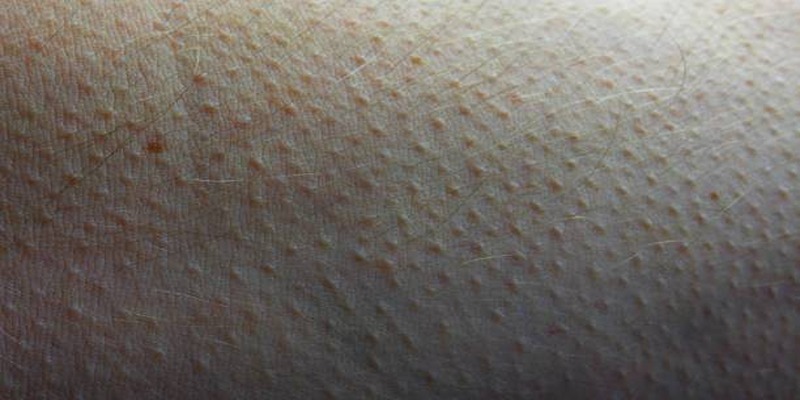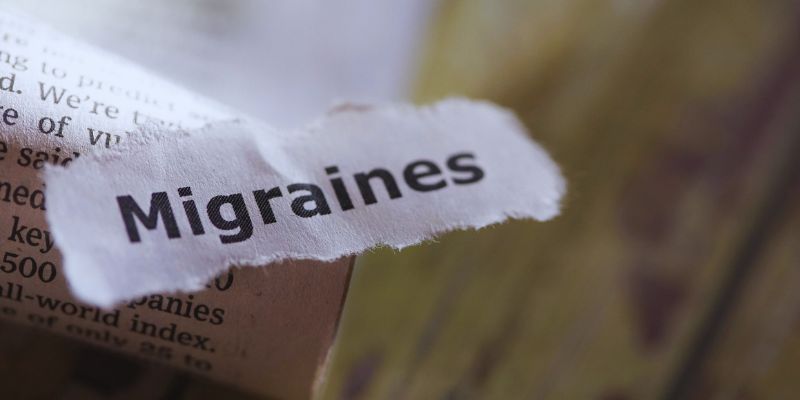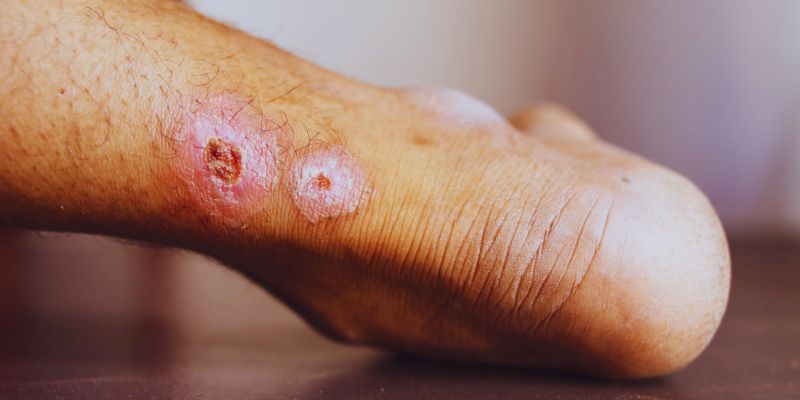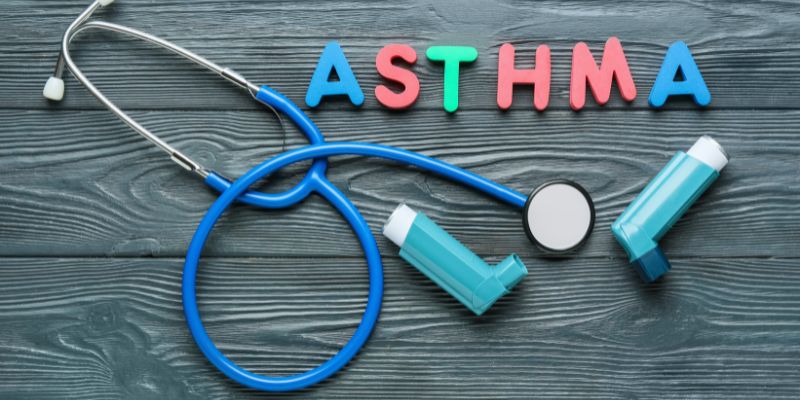Understanding the Signs of ADHD in Children and Adults: A Complete Guide
Advertisement
Millions of youngsters and people all around have Attention-Deficit/Hyperactivity Disorder (ADHD). Early recognition of its indicators will enable better control. Daily chores become difficult for someone with ADHD since it shows inattention, impulsivity, and hyperactivity.
Although it's common in youngsters, many adults live undiagnosed and frequently confuse their problems with those of personality. The key is to spot symptoms, including restlessness, forgetfulness, or trouble focusing. This guide looks at the symptoms of ADHD and addresses how it affects adults and children. Learn to see these indicators and, should necessary, get help.

What is ADHD? Understanding the Basics:
One neurodevelopmental disorder is Attention-Deficit/Hyperactivity Disorder or ADHD. It affects behavior regulation, self-control, and attention. Often starting in youth, it may last beyond maturity. Though symptoms may differ, the disorder affects both sexes. Girls may demonstrate inattention; boys generally exhibit hyperactivity. ADHD is not only a phase of lack of discipline or a passing mood. That is a legitimate medical disorder needing knowledge and encouragement.
Some persons with ADHD are quite good at solving problems and generating ideas. However, it can impede social, occupational, and academic achievement without good control. Early diagnosis and treatment rely on awareness. Untreated, ADHD could cause low self-esteem, anxiety, and damaged relationships. For individuals impacted, seeking expert assistance can help to raise their quality of living.
Signs of ADHD in Children:
Children with ADHD might clearly show symptoms. These could have different effects on daily life and degree of intensity. Typical symptoms in school include difficulty concentrating. They could often seem fidgety and restless. Another trait that causes trouble in waiting for their time is impulse.
Children with ADHD might cut off conversations or struggle with directions. For responsibilities like schoolwork, forgetfulness is common. Although their behavior could seem rebellious, their condition usually explains it. Children with ADHD might also often have trouble sleeping. They might object to bed or wake up often late at night. Early recognition of these indicators will enable parents and teachers to provide support. Better results in social and academic environments depend on early intervention.
Signs of ADHD in Adults
Adults with ADHD often have particular difficulties. Their symptoms could be less clear than children's, but they have an influence. One of the usual problems is finding focus on activities. They could often put off tasks and struggle with time management. Like losing something, forgetfulness is also common. Restlessness could show up as an inability to relax or continual fidgeting. Poor decision-making resulting from impulsiveness might compromise relationships or finances.
Many adults with ADHD feel overwhelmed rather quickly, which can lead to frustration or worry. Some people shy away from chores that demand constant mental energy, and problems listening or keeping involved in social events could affect conversations. Knowing these symptoms will enable folks to find the correct diagnosis and treatment.
How Does ADHD Impact the Daily Life of Children And Adults?
Both children and adults with ADHD might find their lives disrupted in many different ways. Its consequences are broad and sometimes misinterpreted. In children, it can lead to inadequate academic achievement. It is difficult to finish homework when one finds difficulty concentrating. Their impulsive behavior could also make making bonds difficult.
Adults with ADHD could find difficulty in their employment. Missed deadlines and disorganization could compromise job performance. Lack of attention or forgetfulness could also cause problems in relationships. Often, ADHD causes emotional difficulties. Unmet expectations can cause frustration that saps self-esteem. One may so experience insufficiency or failure. A balanced life depends on managing one's ADHD. Helping people overcome these obstacles might come from therapy, drugs, and support groups.
Diagnosing ADHD: The Process Explained
Diagnosing ADHD requires careful assessment. Adults and children must satisfy particular diagnosis requirements. Parents and teachers are important for kids. Observations regarding behavior in various environments are absolutely important. A doctor might request home and school reports.
Adults could find symptoms interfering with their personal or professional lives. Often, the first step in seeking therapy is self-awareness. A thorough medical history and symptom evaluation followed. Standardized questionnaires are one way doctors might assess symptoms. Usually, diagnosis calls for brain scans or blood tests, which are unnecessary here. Other disorders, including anxiety or learning problems, can coexist with ADHD. Correct diagnosis facilitates the customizing of treatment strategies. Good identification and support depend on consulting a specialist.
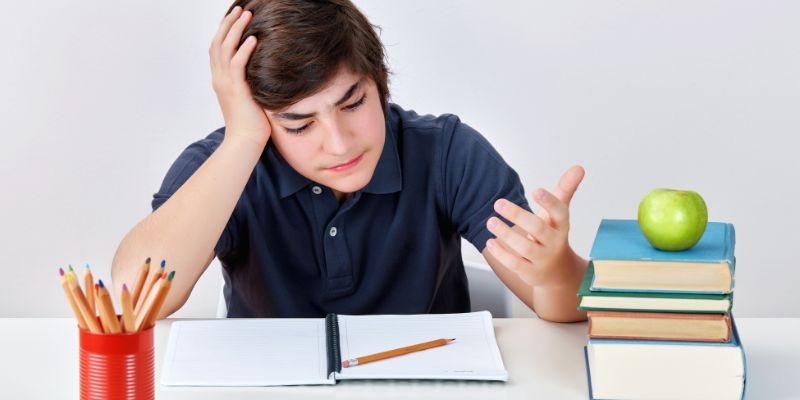
Treatment Options for ADHD:
Treatment for ADHD sometimes incorporates many strategies. The aims are to increase concentration and lower disruptive actions. Usually, medication is prescribed. Adderall and Ritalin are among the stimulants that help control brain activity. Some people may also find non-stimulant drugs useful.
Still, another crucial component is behavioral treatment. It teaches techniques for better organizing and controlling impulses. Parent education programs enable families to assist ADHD youngsters. These courses stress structure and positive reinforcement. Adult coaching can be helpful. It offers techniques to handle issues with time management and priorities.
Lifestyle modifications are also important. Regular exercise and enough sleep help to lessen symptoms. Usually, the finest outcomes come from a combined strategy.
Supporting Someone with ADHD:
Helping an ADHD loved one calls for understanding and patience. One can find great benefits in organizing surroundings. Children benefit from well-defined rules and directions. To make chores reasonable, divide them into smaller steps. Positive reinforcement promotes intended behavior. Adults could need different assistance techniques. Using plans or reminders will enable one to remain orderly. Recognize their difficulties without discounting them.
Crucially, it is communication. Talk about their emotions and difficulties candidly. Steer clear of criticism since it could lower their self-esteem. Combining support groups can offer insightful analysis. Sharing events with those going through comparable difficulties helps to build understanding. Encouraging someone with ADHD calls for empathy. With the correct plans, they can succeed in all spheres of life.
Conclusion:
Early intervention depends on early recognition of the indicators of ADHD in adults and children. Better assistance and therapy follow from an awareness of symptoms like inattentiveness or impulsiveness. Awareness is essential, whether guiding an adult in handling everyday chores or helping a child concentrate in the classroom. With good care and knowledge, ADHD is treatable. Those with ADHD can have happy lives by tackling the difficulties it offers.
Advertisement


